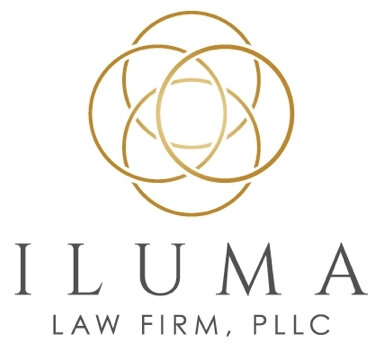What Business Owners Need to Know About the Corporate Transparency Act
The Corporate Transparency Act isn’t just for corporations. This law requires many small businesses (“Reporting Companies”) to report information about the ownership of their company to FinCen, and it has steep penalties for not complying.
Most LLCs need to comply with these requirements. Some sole proprietorships and partnerships need to comply as well.
The Corporate Transparency Act isn’t just for corporations. This law requires many small businesses (“Reporting Companies”) to report information about the ownership of their company to FinCen, and it has steep penalties for not complying.
Most LLCs need to comply with these requirements. Some sole proprietorships and partnerships need to comply as well.
Reporting Companies Must Report Beneficial Ownership Information.
It requires Reporting Companies, including most LLCs, to report information on anyone who has “a significant ownership interest” in the company. Having a “significant ownership interest” includes owning at least 25% in the company or having “substantial control” over the reporting company. If a non-owner reports the information on your company’s behalf, they may also need to report their information.
What Needs to Be Reported.
Every business subject to this law must provide their business name, any names they do business under, addresses, jurisdiction the business is registered in, and their Tax Identification Number.
Beneficial owners must report the following information:
- Name
- Address
- Birthday
- Driver’s License, State Identification, or Passport Number
- Jurisdiction/State of Identification Documents
You NEED to Regularly Update This Information.
Importantly, businesses will need to update their filings pretty much as soon as anything changes, personally and in the business. This includes updating your personal address, legal name changes, changes of ownership, changes in business address, and changes in your business name. If anything at all changes in your business or even in your personal life, it’s important to evaluate whether you need to make any changes to your BOI filing.
The Penalties for Not Complying.
Noncompliance could land you in hot water civilly and criminally, including civil penalties of up to $500 for each day that the violation continues, or criminal penalties including imprisonment for up to two years and/or a fine of up to $10,000.
When You Need to File.
If you formed your company prior to January 1, 2024, you have until January 1, 2025 to comply. If you formed your company on or after January 1, 2024, you need to file within 90 days of the date you formed your company.
If you form your company in 2025, you will have 30 days from the date you formed your company to file your BOI report.
If there are any changes to any of the reporting information, you must update your filing to reflect those changes withing 30 days of those changes. These include but aren't limited to:
- Any change in the information reported
- Name changes (business and personal)
- Address changes (business and personal)
- Identification changes (including renewals)
- Death of an owner
- Changes in ownership
Because of the stiff penalties associated with failure to properly complete or update your BOI filing, we highly recommend having an experienced attorney assist you with your BOI filings and giving an attorney a call every time there is an update with your business, whether that’s personally, through a change in ownership, or change in the structure of your business.
For more information on the reporting requirements, check out FinCen’s Guide here.
If you need help navigating your BOI filing with FinCen, book your discovery call below.
